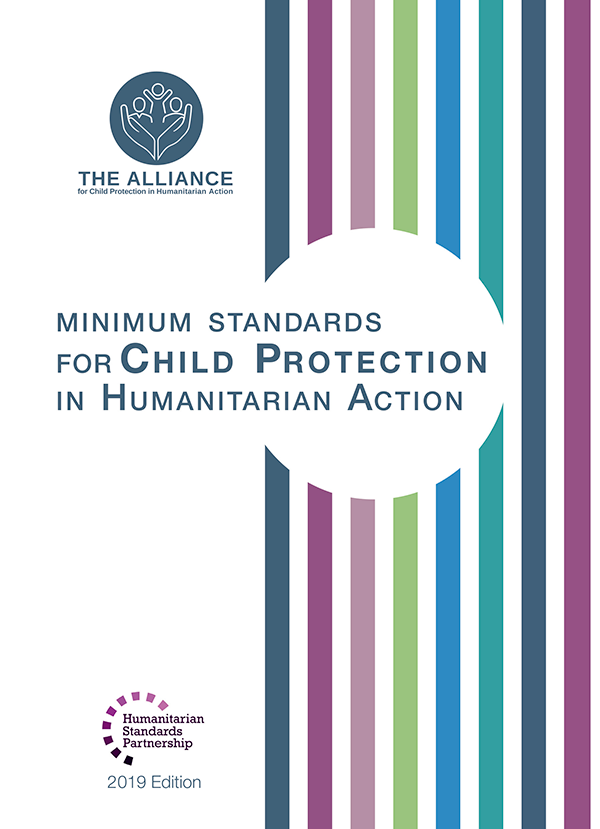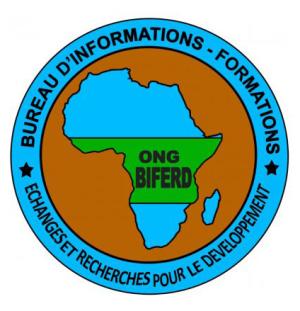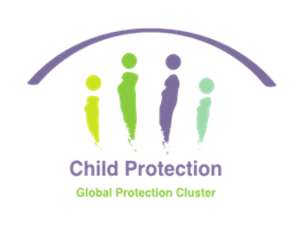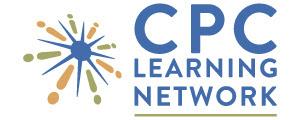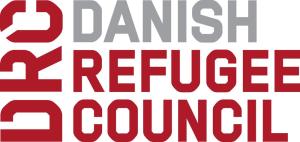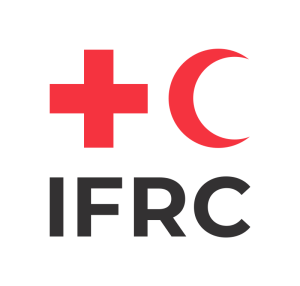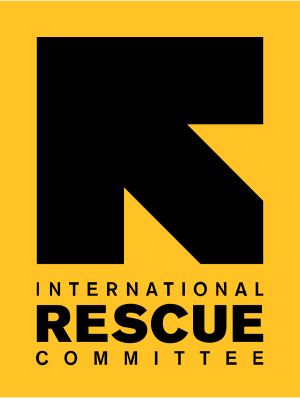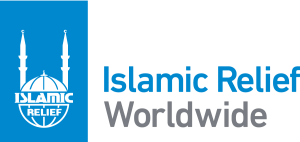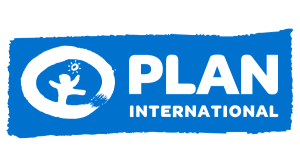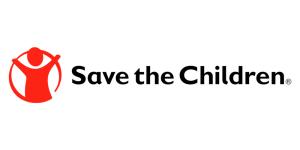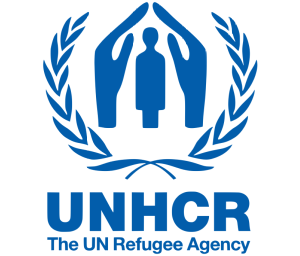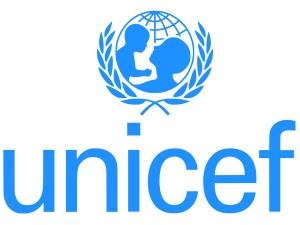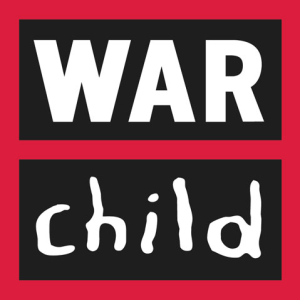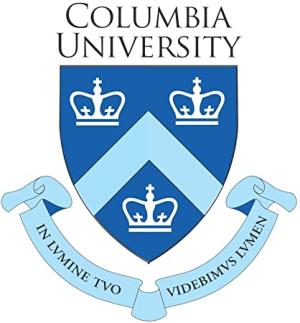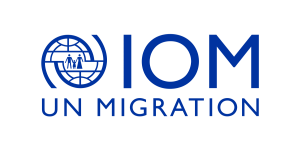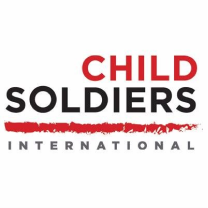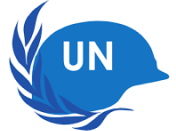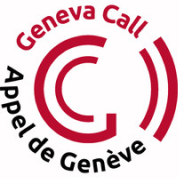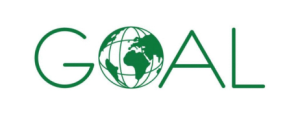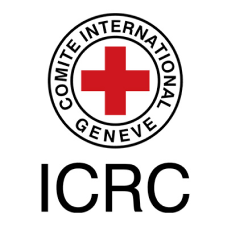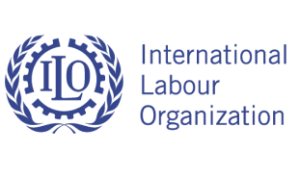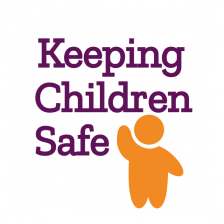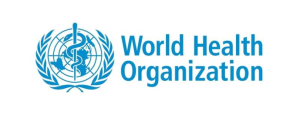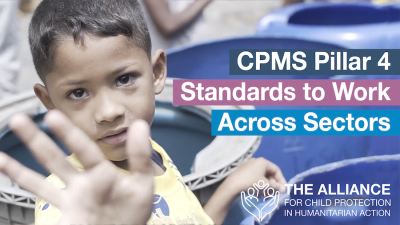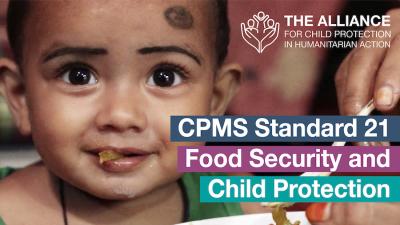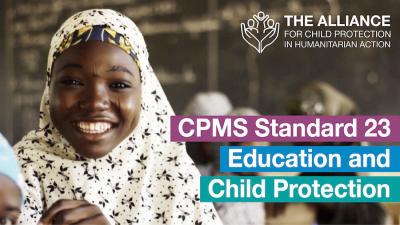
Led By: Save the Children and International Rescue Committee
Contact us at: cpms.wg@alliancecpha.org
Our Mission
The Child Protection Minimum Standards (CPMS) Working Group supports the participatory setting of sector-wide standards for child protection in humanitarian action, promotes their use and institutionalisation and captures lessons learned to improve them
The Child Protection Minimum Standards
One of the most widely used set of humanitarian standards, the CPMS are a tried and tested solution for child protection practitioners seeking to deepen their professional knowledge and improve their organisations’ programs.
Implementing CPMS Across Humanitarian Sectors
Every humanitarian actor has a responsibility and a role to play in protecting children and promoting their well-being. Collaborating across sectors is crucial to achieve these goals and make the most of available resources.
Latest News
Sign up for the FREE online, facilitated course on the CPMS!
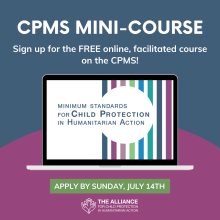
Do you want to learn about our sector’s minimum standards? Are you curious about how to put them into practice? How about becoming a champion of the Minimum Standards for Child Protection in Humanitarian Action? Sign up for the FREE online, facilitated course on the CPMS! Our goal is to develop a global pool of champions who know how to use the CPMS to improve the quality and accountability of...
New Resources for Working Across Sectors

The whole humanitarian system has a role to play in realising children’s rights, including their right to protection. Greater collaboration, action, and investment are needed to ensure all humanitarian interventions are safe, accessible, and child protection sensitive. When protecting children is a central and common objective across sectors, it contributes to greater accountability to children...
Call for Pilot Sites! Using the CPMS as a Tool of Accountability to Children
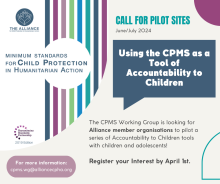
The CPMS provide a benchmark for us, as child protection actors in humanitarian settings, to improve the quality and accountability of our programming and increase our impact by establishing agreed principles and goals. How can we become more accountable to those we serve - children? The CPMS Working Group has been reflecting on how we can use the sector’s common, core document to increase our...
Calling on Education and Child Protection Practitioners - Help Us Assess the Impact of Collaboration Efforts
Much energy went into promoting closer collaboration between Child Protection and Education actors over the last two years - but is it working? If you worked in a humanitarian setting in the last two years, we would like to hear from you through this 10-minute survey. Over the last few years, the Alliance for Child Protection in Humanitarian Action, the Child Protection Area of Responsibility, the...
CPMS Mini Course

Do you want to learn about Child Protection Minimum Standards? Are you curious about how to put them into practice? How about becoming a CPMS champion? Sign up for the pilot of our free-of-charge mini course! This is your opportunity to join a pool of champions who know how to use the Minimum Standards for Child Protection in Humanitarian Action (CPMS) to improve the quality and accountability of...
Working Across Sectors Microsite and Toolkit
Collaborating across humanitarian sectors is crucial to protecting children, promoting their well-being, and making the most of available funding. The CPMS Working Group’s “Working Across Sectors” initiative is gathering technical resources to help practitioners from all sectors achieve just that. The new Working Across Sectors Toolkit for Building Awareness and Support in English, Arabic, French...
Seeing Forced Displacement and Protection Through a Child’s Eyes
Ever wondered what forced displacement looks like to children and what protection means to them? If so, you may want to check «I am Mariam», an Arabic-language illustrated storybook about a young girl forced to flee her violence-torn hometown. The publication reflects the lives of many forcibly displaced children, as its balance of hard-hitting realities and small acts of kindness comes from...
News | E-Course on Minimum Standards Soon Available in Spanish and French
Good news for Spanish- and French-speaking humanitarians interested in strengthening their ability to use the Child Protection Minimum Standards (CPMS) in their work. The CPMS eCourse will be available in those languages in just a few weeks. The eCourse allows users to acquire or deepen their knowledge of the standards and of how to implement them in humanitarian settings. It takes only 4-5 hours...
Working Group Member Organisations
Priorities
During 2022 and beyond, the Working Group will continue:
- Overseeing the roll-out of the CPMS 2019 edition,
- Promoting the CPMS implementation across sectors,
- Developing multimedia capacity-building resources,
- Supporting humanitarian agencies to institutionalise the standards, and
- Ensuring resources are available in Arabic, French and Spanish.
Resources
CPMS Webinar: Sexual violence and exploitation of boys in humanitarian settings

The aim of the CPMS webinar series is for child protection practitioners to improve their ability to build staff and partners' capacity to implement the minimum standards. This webinar will be a chance for trainers to learn more about the latest research and training approaches on sexual violence and exploitation against boys in humanitarian settings. Our guest speakers are Chris Dolan (Refugee...
Designing and Implementing CPiE Learning & Development Strategies

In this webinar, Natalie McCauley presents the Alliance's approach to developing and using CP L&D strategies given the limited resources of humanitarian settings. Based on her experience supporting dozens of field operations, she walked us through the steps and issues that need to be considered to ensure success. Presentations available in English, Spanish and French.
CPMS Video Series: Mainstreaming Standards 19-26

Standards 19-26 of the Minimum Standards for Child Protection in Humanitarian Action (CPMS) focus on mainstreaming of children’s protection in all humanitarian action. Mainstreaming child protection in humanitarian actions means for all humanitarian actors to consider the potential or current violence, exploitation, or abuse of boys and girls. Effective mainstreaming minimizes the risks of...
Developing and Using Case Studies for CPiE Training Purposes

Using the Child Protection Minimum Standards (CPMS) mainstreaming case studies (and facilitators guide), Samantha Newman shared her professional experience of developing and using case studies specifically for training child protection workers in humanitarian settings in this webinar.
CPMS Implementation Case Studies
This series of Case Studies provide examples of how the Minimum Standards for Child Protection in Humanitarian Action (CPMS) have been applied and adapted to various contexts. Case Study: Education for South Sudanese refugees in Ethiopia Case Study: Translating the Minimum Standards for Child Protection in Humanitarian Action Case Study: Using child protection programming to prevent child...
CPMS Webinar: Sexual violence against children with disabilities in humanitarian settings

Sexual violence against children with disabilities is an under-explored topic in the humanitarian sector. Sofia Hedjam- regional advisor for Handicap International's Great Lakes operations- presented the agency's latest research. She also shared promising programme initiatives and tips for training a wide range of actors. CPMS videos Alliance Materials
Webinars
Webinar | An Introduction to Prevention with the Child Protection Minimum Standards

Join us for an engaging an interactive webinar on an Introduction to Prevention with the Child Protection Minimum Standards. This webinar will include guest speakers from the Alliance Child Labour and UASC Task Forces, as well as the prevention-expert, Alliance coordinator, Hani Mansourian. There will also be lots of examples and time for questions, activities and discussion! We look forward to...
Webinar | How to: Self-Assessment Process for the Child Protection Minimum Standards

Join the Alliance CPMS Working Group for an interactive webinar on "How-to: The Self-Assessment Process for the Child Protection Minimum Standards". This webinar will be a 60-minute session held in English with support available for French & Spanish speakers. We look forward to your participation!
Webinar | Strengthening Family & Caregiving Environments—CPMS Standard 16 in the Context of COVID-19
For the edited recording, click here. - The CPMS WG is launching a new webinar series to introduce the new standards in the 2019 edition of the CPMS. This webinar focuses on standard 16 - strengthening family and caregiving environments - in the context of the current global COVID-19 pandemic. The webinar will also include presentation of several real-world examples of family strengthening...
Webinar | Introduction to the Minimum Standards for Child Protection in Humanitarian Action in Latin America (Spanish Edition)
Recursos El vídeo Introducción a las Normas Mínimas para la Protección de la Niñez y Adolescencia en la Acción Humanitaria en Latinoamérica 2019 NMPNA y COVID-19 - Webinar Lanzamiento NMPNA en el marco de la emergencia por COVID-19 Únase a nosotros para una exploración de 90 minutos sobre las Normas Mínimas para la Protección de la Niñez y Adolescencia en la Acción Humanitaria. Aprenda sobre la...
Webinar | What's New? The 2019 Edition of the Minimum Standards for Child Protection in Humanitarian Action (CPMS)
This webinar - the first in a series to explore the 2019 edition of the CPMS - will introduce the 2019 edition of the Minimum Standards for Child Protection in Humanitarian Action (CPMS), now available on the Alliance's website: https://cpie.info/2019CPMS. Susanna Davies and Joanna Wedge, co-leads of the CPMS Working Group, will share the major changes in the 2019 edition, answer your questions...
Live Q&A | Child Neglect in Humanitarian Settings
Listen to the edited recording of this Live Q&A. ____________________________________ Join the Alliance for a Live Q&A on on the report, Child Neglect in Humanitarian Settings. Date: Thursday, 24 Jan 2019 Time: 8am (New York) / 1pm (London) / 2pm (Geneva) / 4pm (Nairobi) / 8pm (Bangkok) Participation in the live Q&A will offer a deeper understanding of the evidence on the prevalence, patterns and...
Webinar | Child Protection Minimum Standards Revision - Application in practice and next steps
Since they were launched six years ago, the Child Protection Minimum Standards (CPMS) have become an important reference to help ensure that measures to protect children are a central component of all humanitarian action. As part of launching the next stage of the consultation and revision process to update the standards, PHAP and The Alliance organized an online session on 19 June 2018. This was...
Pre-recorded Audio & Transcripts | Protection of Children During Infectious Disease Outbreaks

The Alliance for Child Protection in Humanitarian Action hosted a global webinar introducing the newly-released Guidance Note: Protection of Children During Infectious Disease Outbreaks (IDOs) and associated briefing paper. These recordings and associated transcipts are from that webinar. Children are particularly vulnerable during epidemics or pandemics, but inter-agency guidance on how to...
CPMS Working Group Webinar on Coaching, Mentoring and Supervision
What are the differences and similarities between coaching, mentoring and supervision? How can we harness them in the CPiE sector? The Alliance for Child Protection in Humanitarian Action hosted a lively set of presentations and discussions on the topic. The panel consisted of: Angie Bamgbose (freelance coach and child protection and safeguarding consultant), Stephanie Delany of the Case...
Webinar | Developing and Using Case Studies for CPiE Training Purposes
Using the Child Protection Minimum Standards (CPMS) mainstreaming case studies (and facilitators guide), Samantha Newman shared her professional experience of developing and using case studies specifically for training child protection workers in humanitarian settings in this webinar.
Webinar | Sexual Violence and Exploitation of Boys in Humanitarian Settings
A panel explores the latest learning on sexual violence and exploitation of boys in humanitarian settings. The webinar includes discussion on how to get more comfortable addressing the topic during trainings and community outreach sessions.
Webinar | Engaging Humanitarian Learners - Strengthening child protection within environments of compounded stress
This lively discussion led by colleagues from the Global Trauma Project looked at helping workshop participants transition from front-line, overstretched humanitarian workers to learners for a day (or week). It included lots of tips, examples, and resources.
Webinar | Designing and Implementing CPiE Learning & Development Strategies
In this webinar, Natalie McCauley presents the Alliance's approach to developing and using CP L&D strategies given the limited resources of humanitarian settings. Based on her experience supporting dozens of field operations, she walked us through the steps and issues that need to be considered to ensure success.
Media
«Hannah’s New Job» — Becoming a Child Protection Practitioner in Humanitarian Settings
CPMS Standard 9: What Is SGBV and How To Address It in Humanitarian Settings
Standards to Work Across Sectors
This is Samira
Child Protection for Minimum Standards Working Group Leads

Joanna Wedge, International Rescue Committee


